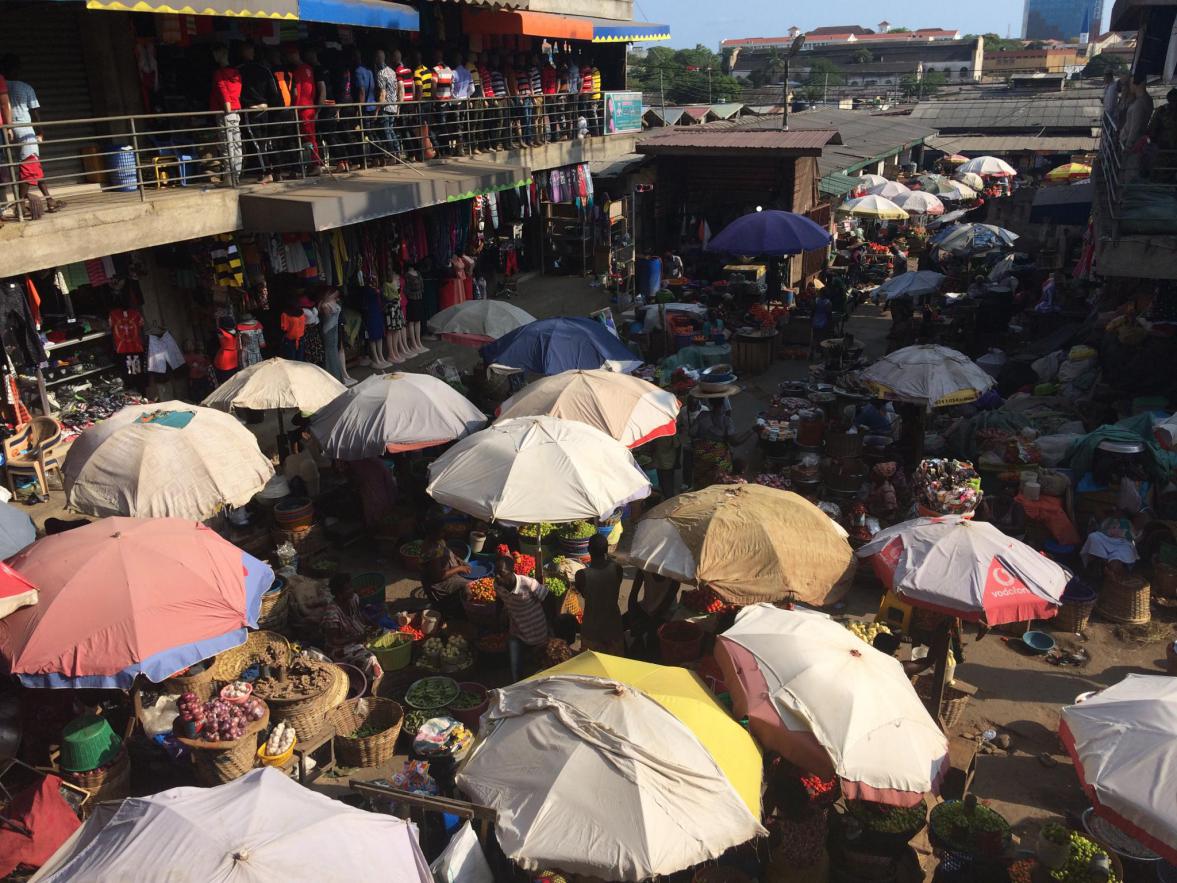Joanna Bourke Martignoni. 2019. Engendering the right to food? International human rights law, food security and the rural woman. Transnational Legal Theory. DOI: 10.1080/20414005.2018.1568789
International human rights bodies such as the UN Committee on the Elimination of Discrimination Against Women, the Special Rapporteur on the Right to Food and the UN Human Rights Council are increasingly engaging with issues of gender equality in connection with the rights to food, land and other natural resources. These monitoring mechanisms often partially attribute gender-based inequalities in land rights and food security to the influences of discriminatory local customary norms and harmful cultural practices as well as to broader questions of economic development, environmental degradation and unequal service delivery that are viewed as particularly affecting women in rural areas.



